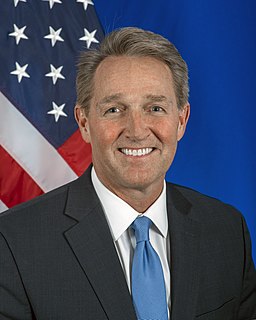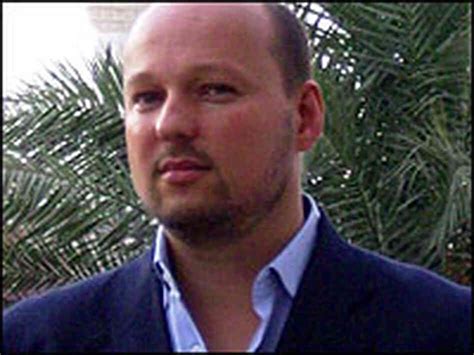A Quote by Mitch McConnell
It's important to remember that some of our best sources in the war against radical Islamic terrorism are Muslims, both in America and overseas.
Related Quotes
We are in a struggle against radical Islamic terrorism, al-Qaida and ISIS. The president, in his campaign for office, made it clear that he would make a priority of confronting radical Islamic terrorism abroad. But also adding new measures to ensure that individuals would not be coming into this country with the motivation to harm our people. And we really do believe that this temporary pause with regard to the countries other than Syria, temporary pause where we evaluate our screening process and ensure that people coming into the country don't represent a threat is appropriate.
There are millions of peaceful Muslims across the world, in countries like India, where there is not the problems we are seeing in nations that are controlled - have territory controlled by Al Qaida or ISIS, and we should direct at the problem, focus on the problem, and defeat radical Islamic terrorism. It's not a war on a faith; it's a war on a political and theocratic ideology that seeks to murder us.
So our own actions sometimes have undermined our safety, in our efforts to fight terrorism. The only way this can work is if we are aligned with liberals, with moderate Muslim forces. But if our war on terrorism is seen - as it is seen by many Muslims - as a war on Islam itself, it's very hard for us to have Muslim alliances, because America and the West have become so toxic.
We must not be afraid to define our enemy. It is Islamic extremist terrorism. I did not say all of Islam. I said Islamic extremist terrorism. Failing to identify them properly maligns decent Muslims around the world. It also sets up a fear of being politically incorrect that can have serious consequences. And it has.
The west is very concerned and actually afraid because the media is not informing them. There are too many moderate Muslims who are trying to whitewash the fears and concerns of the West. It's time for us to face reality - nobody is against Muslims. When I'm speaking about this situation, it's about Islamic doctrine. Islamic doctrine promotes violence and hatred against non Muslims. 60% of the Koran is dedicated to cursing and spreading hatred and violence against non-Muslims who are called 'Kaffir'.
The second part of that war was that Muslims came from all over the country to Pakistan, and they met each other. For the first time those men had an awareness of the Islamic world as a whole, not of just Egypt or Algeria or Indonesia, but of what Muslims call the Uma, the Islamic community. And that's an extraordinarily important thing. And that emanated in Pakistan.




























